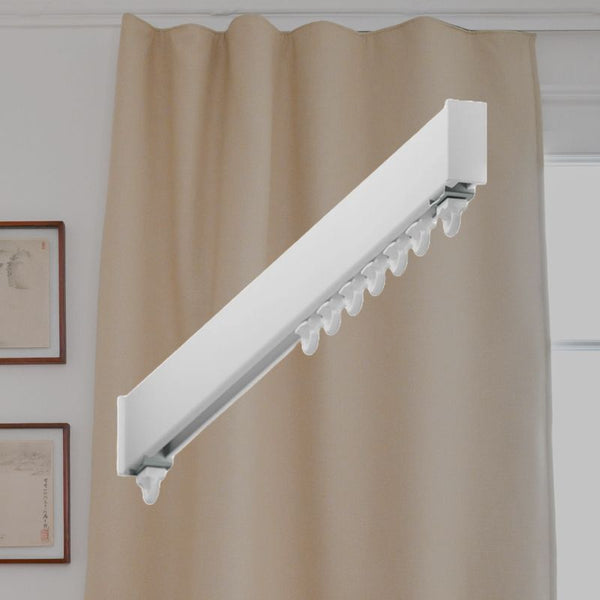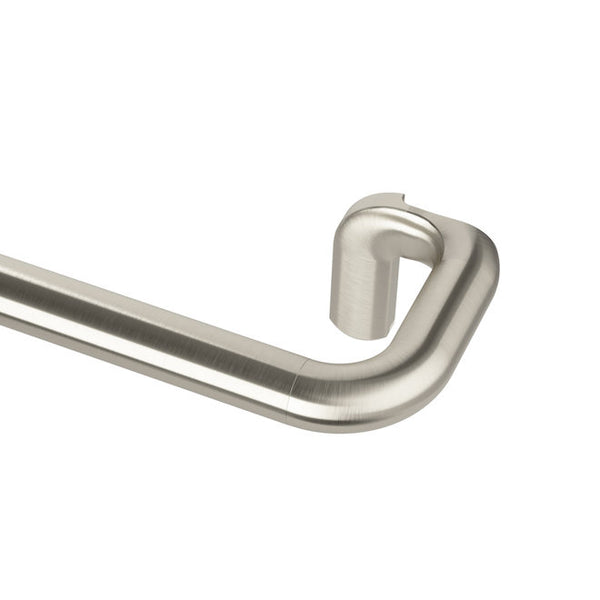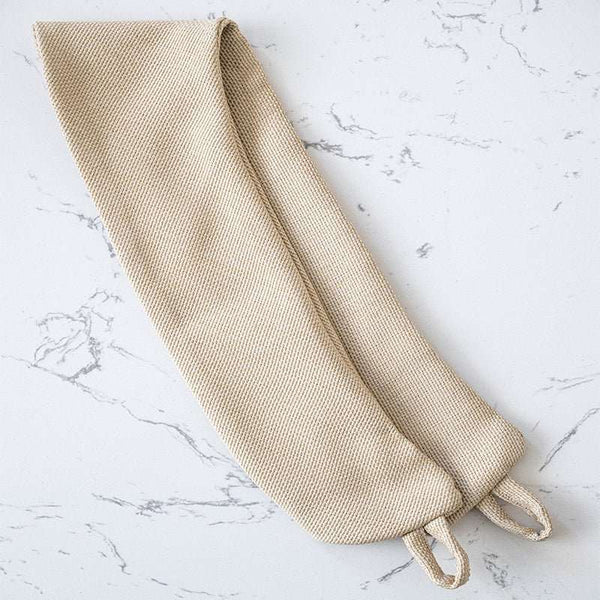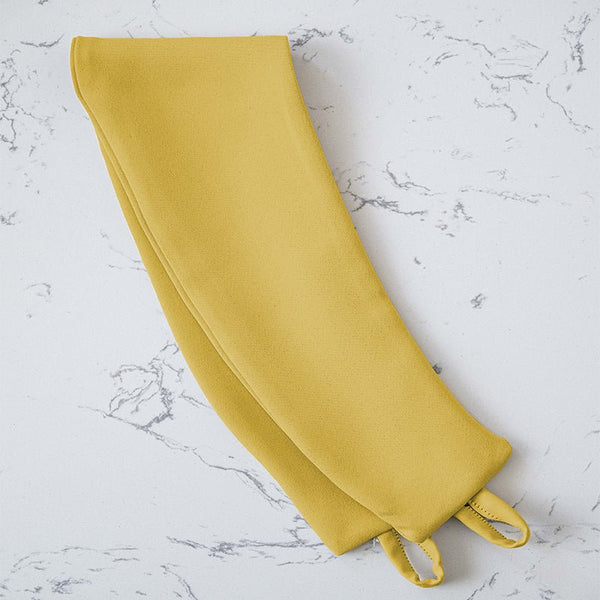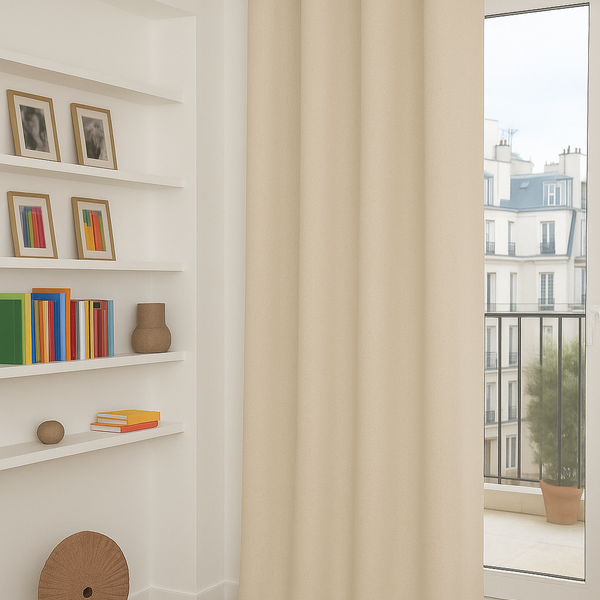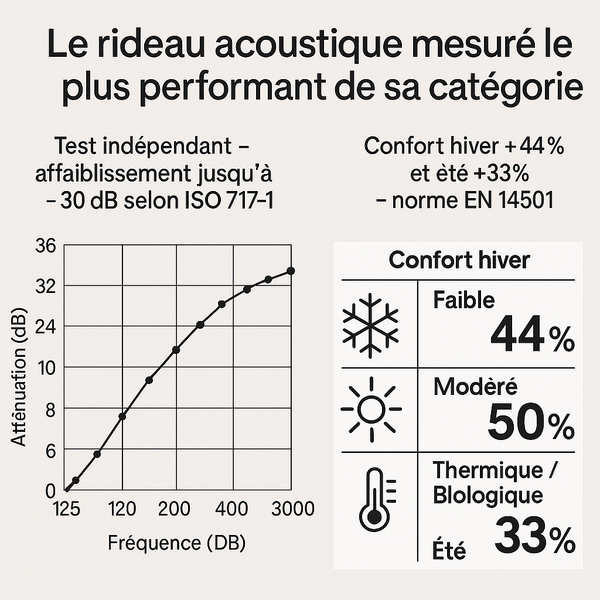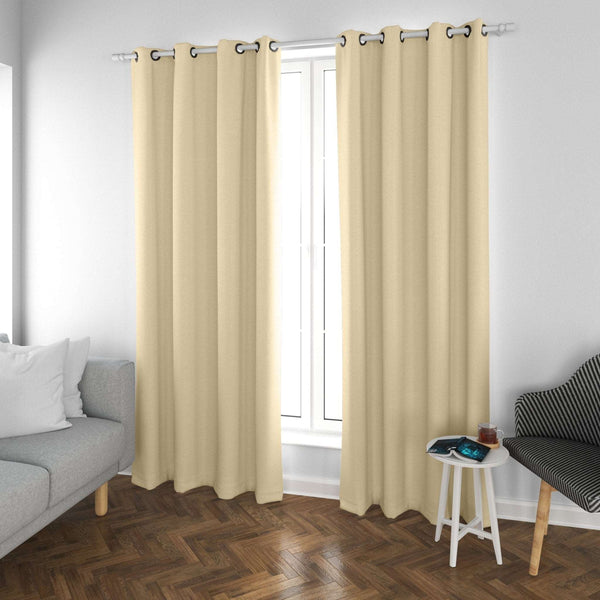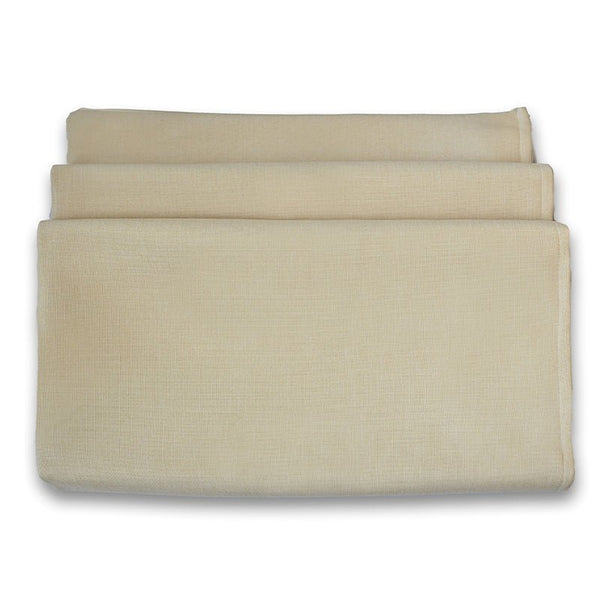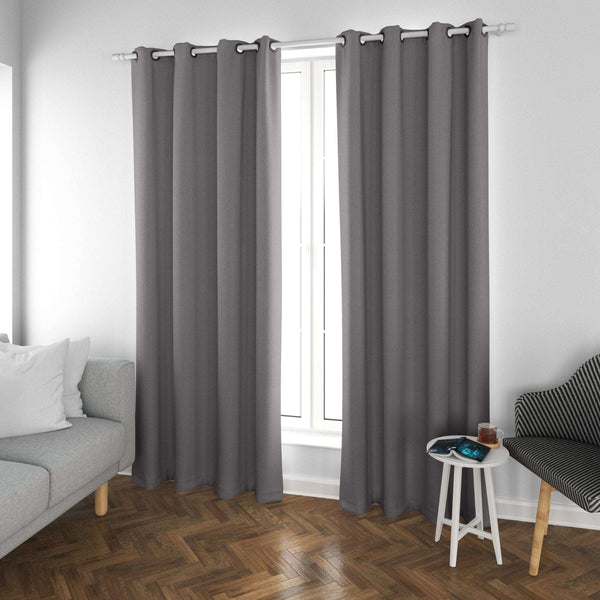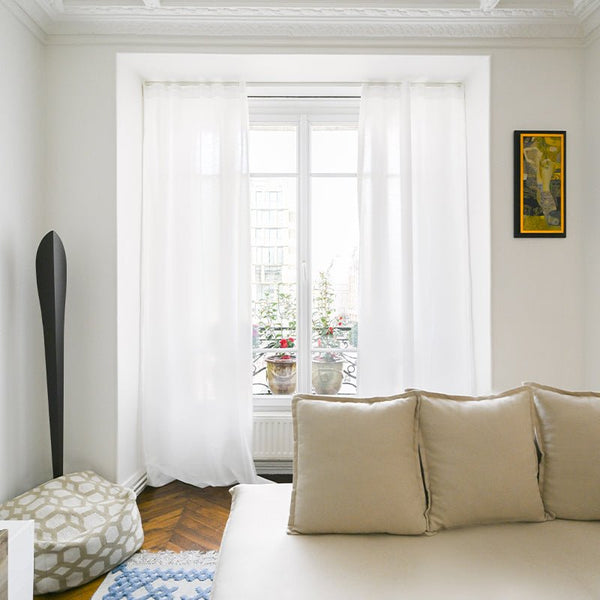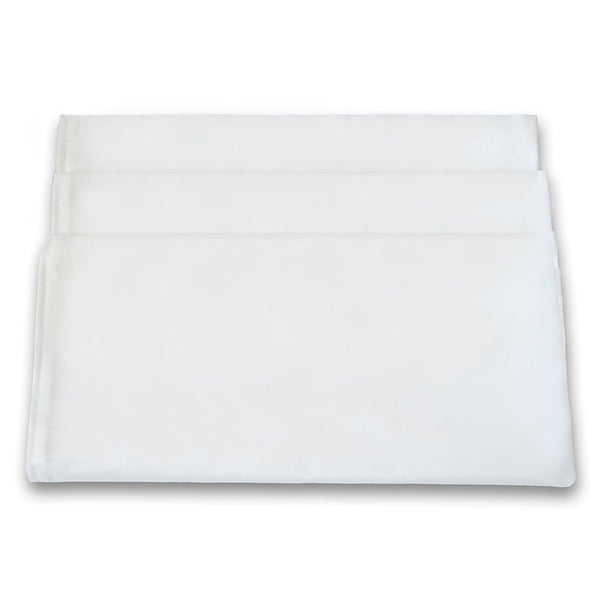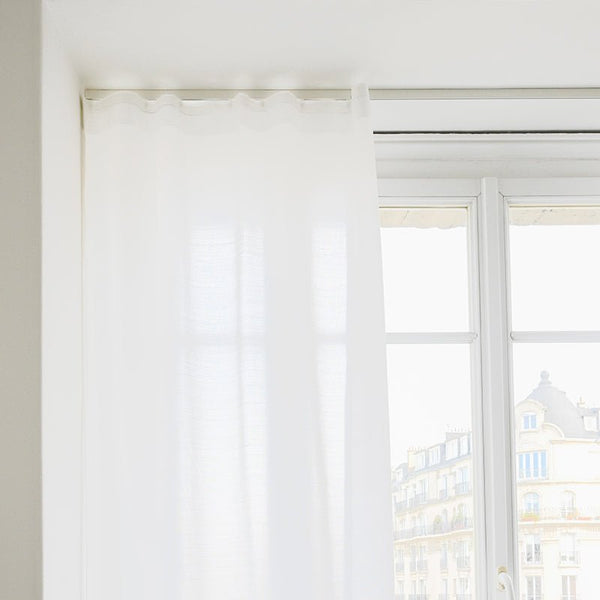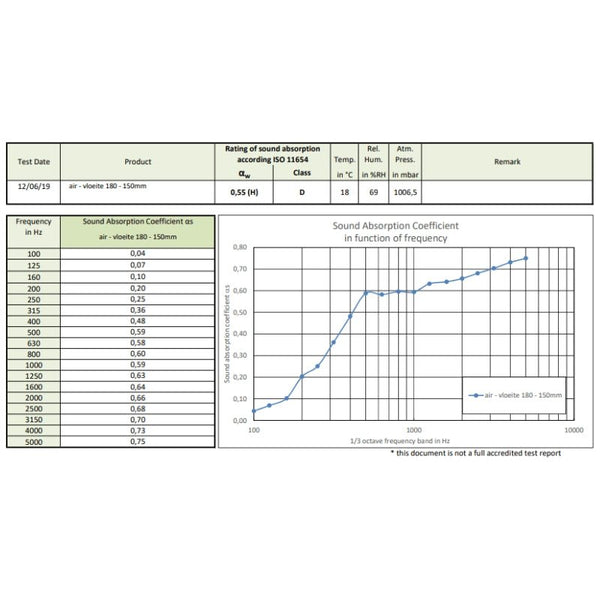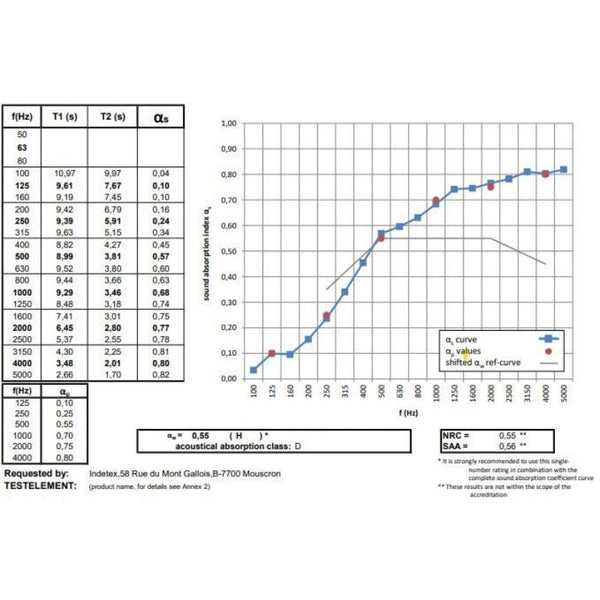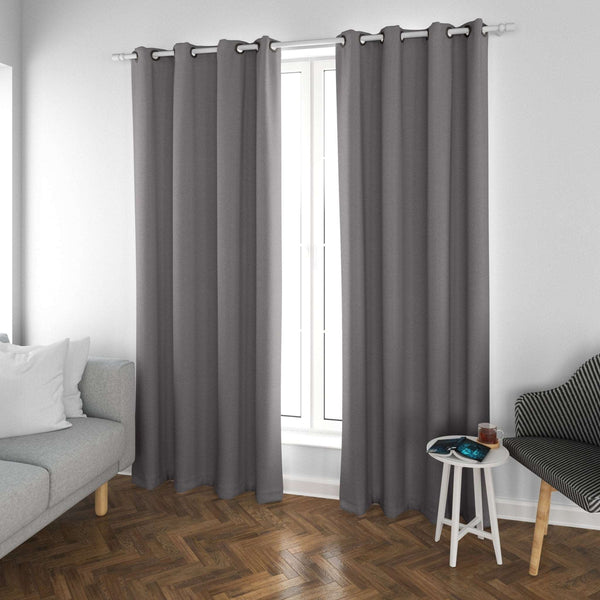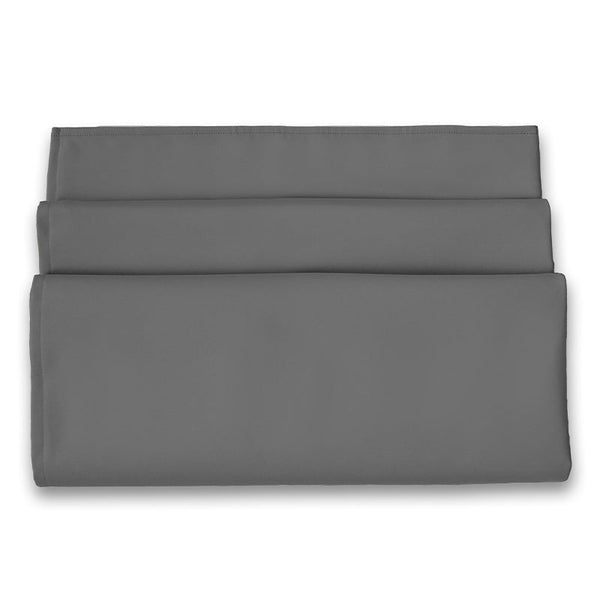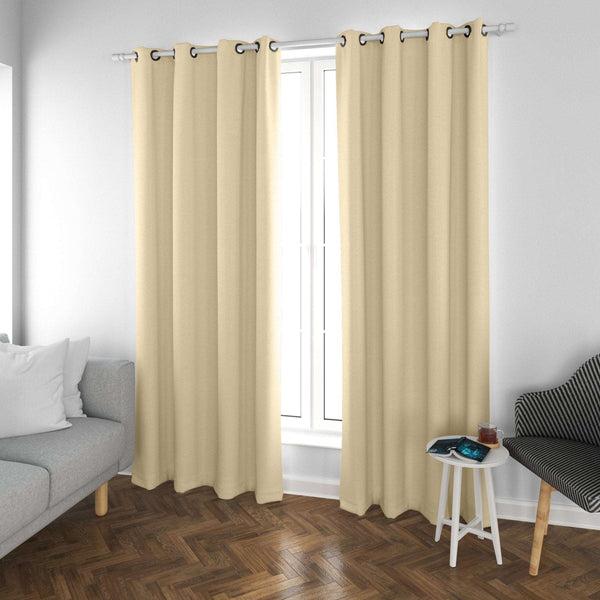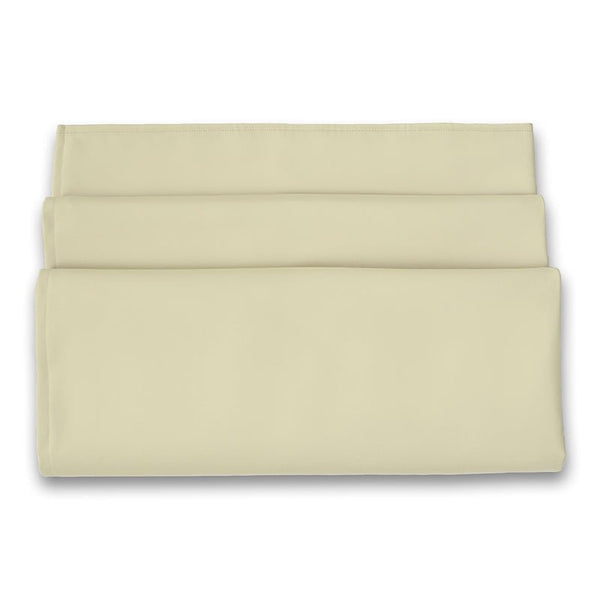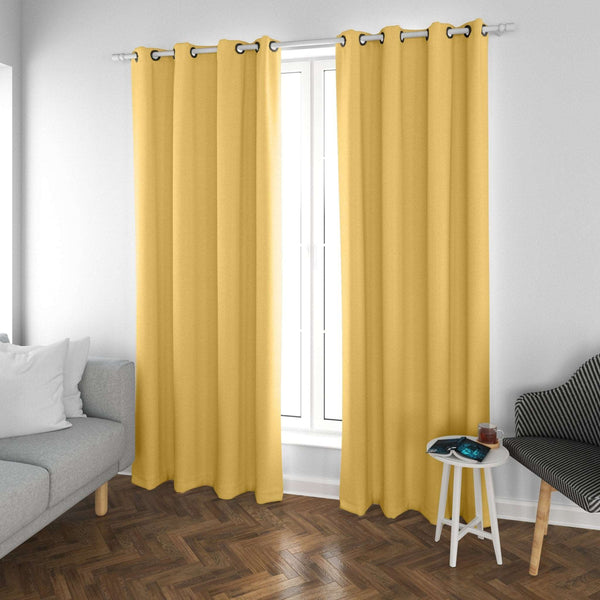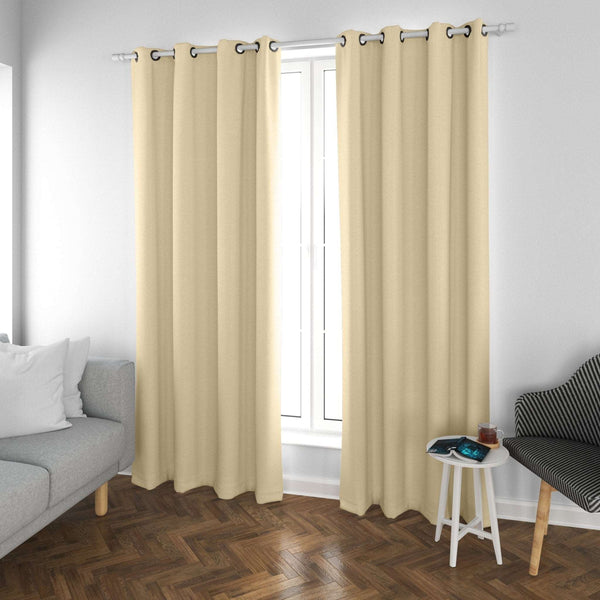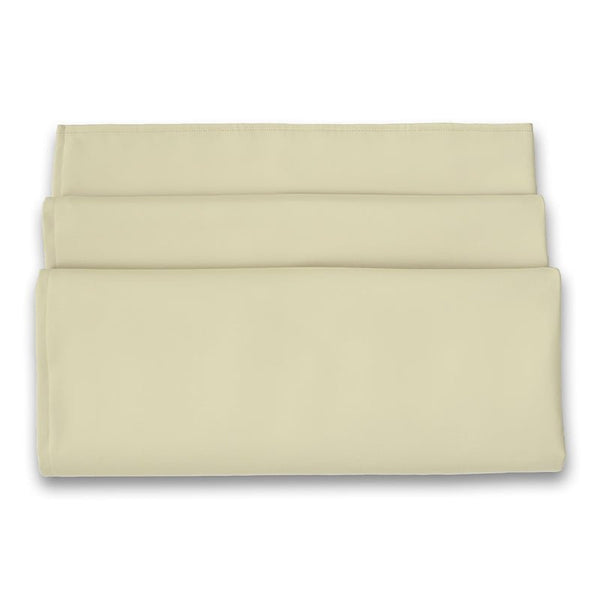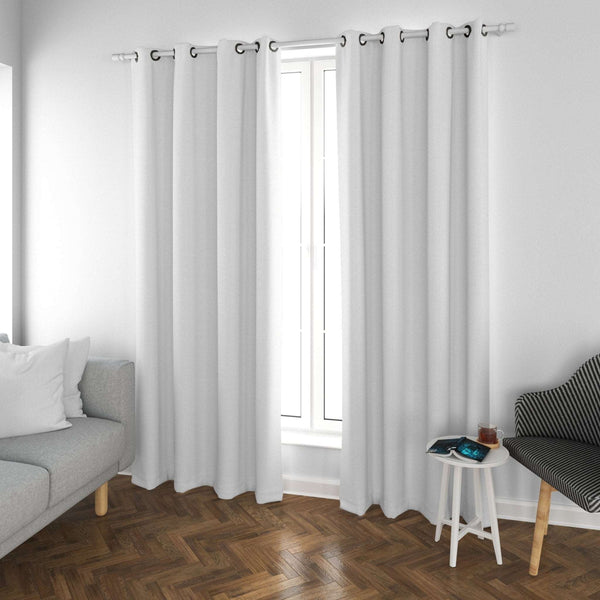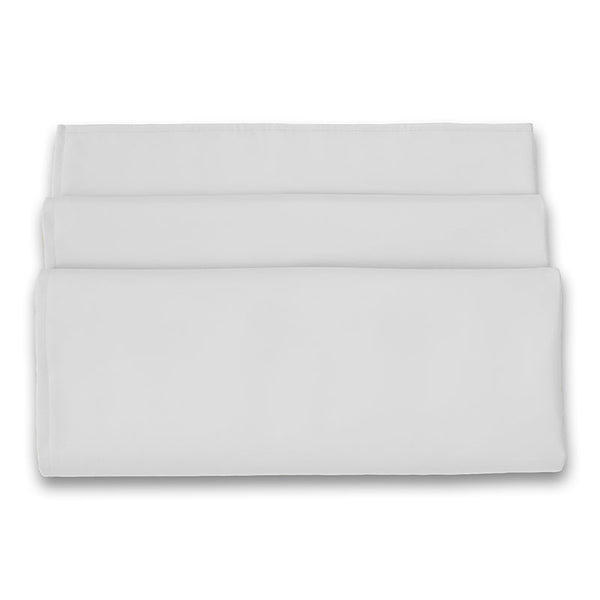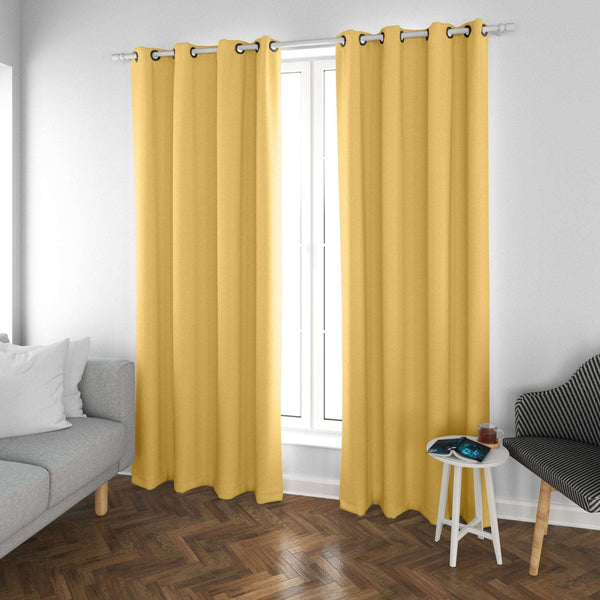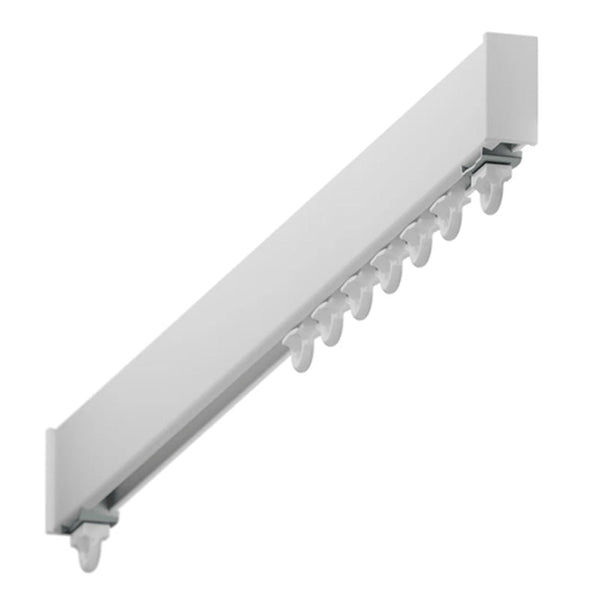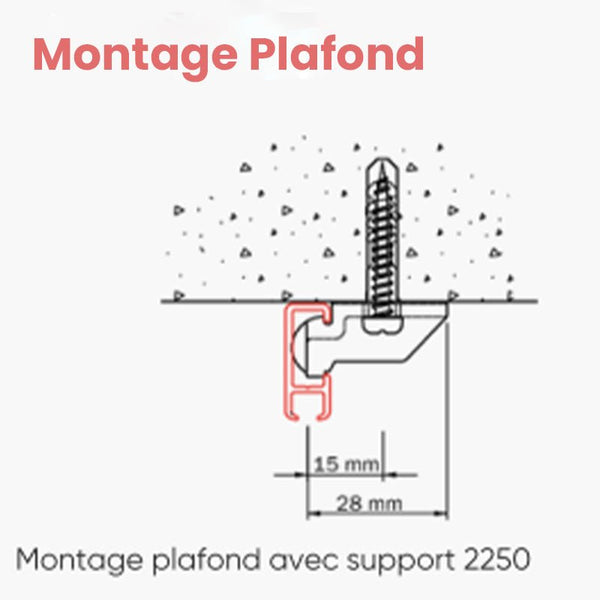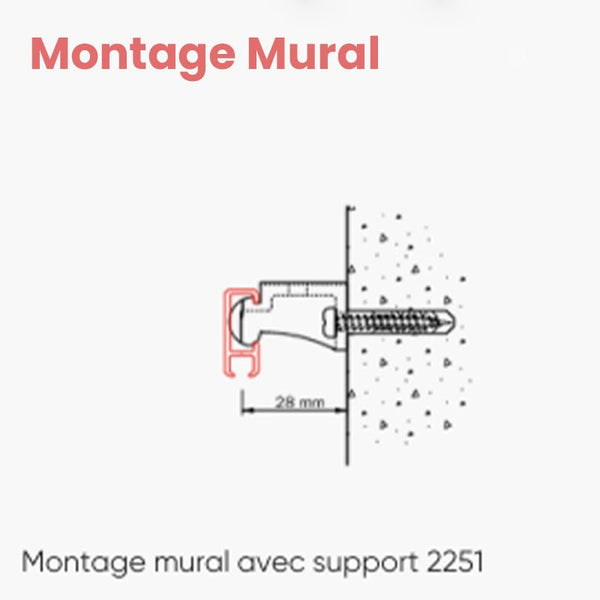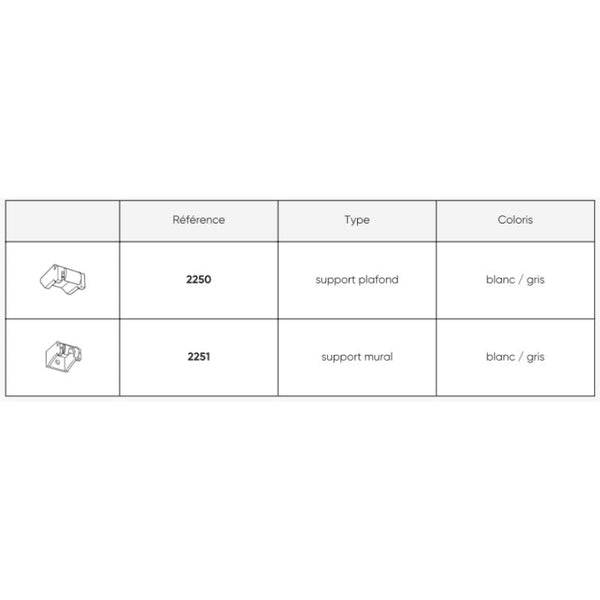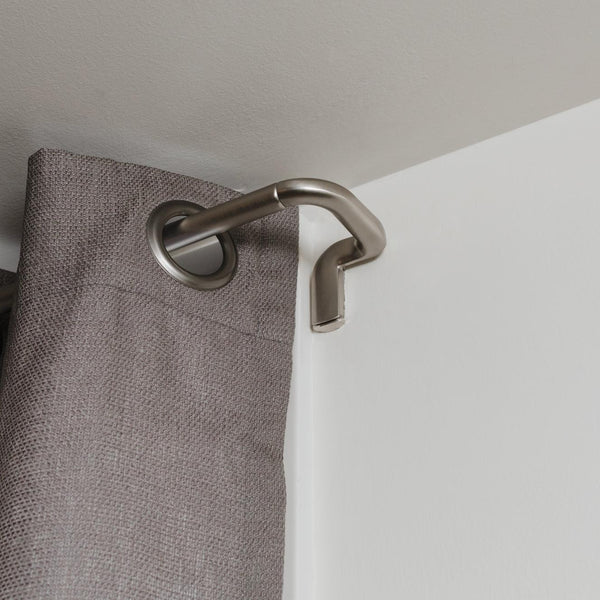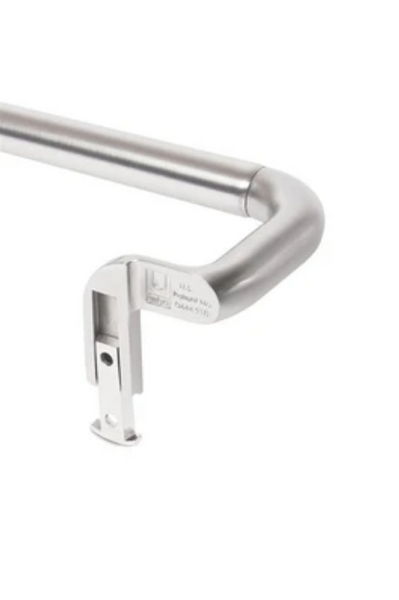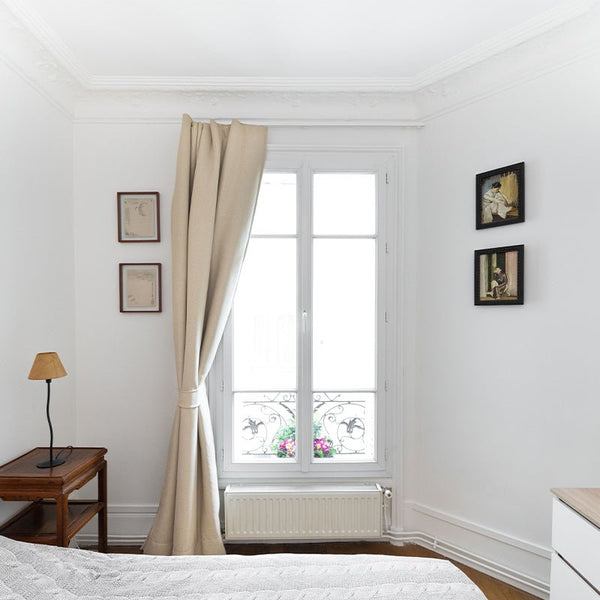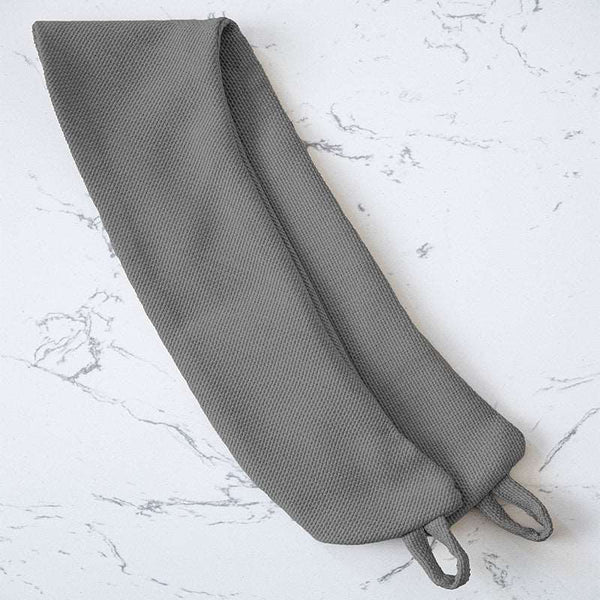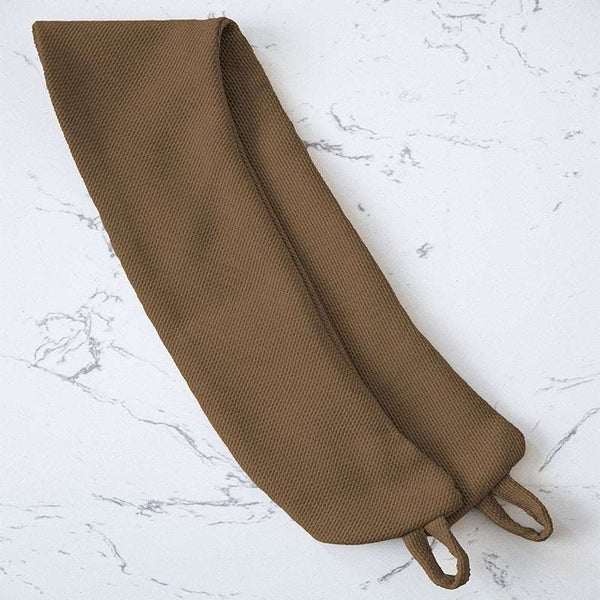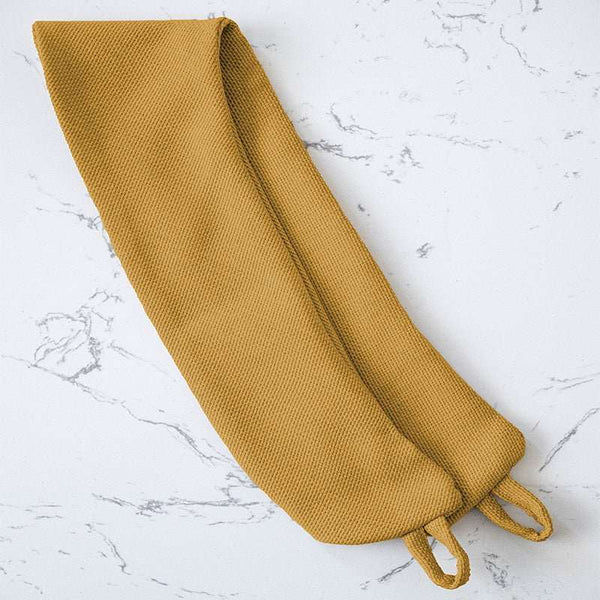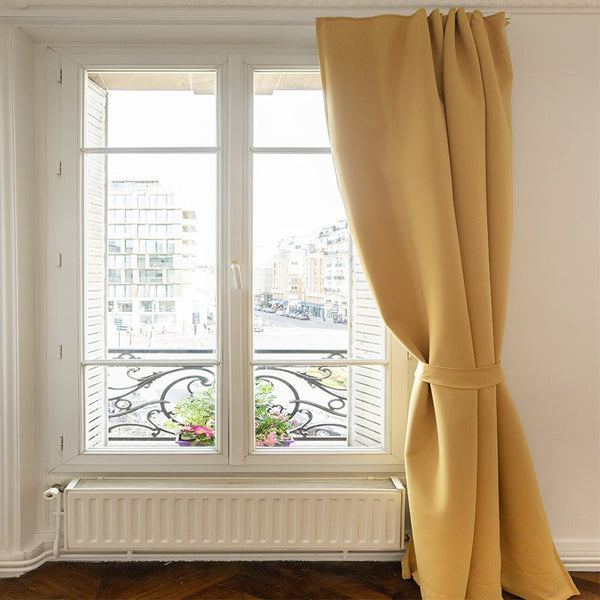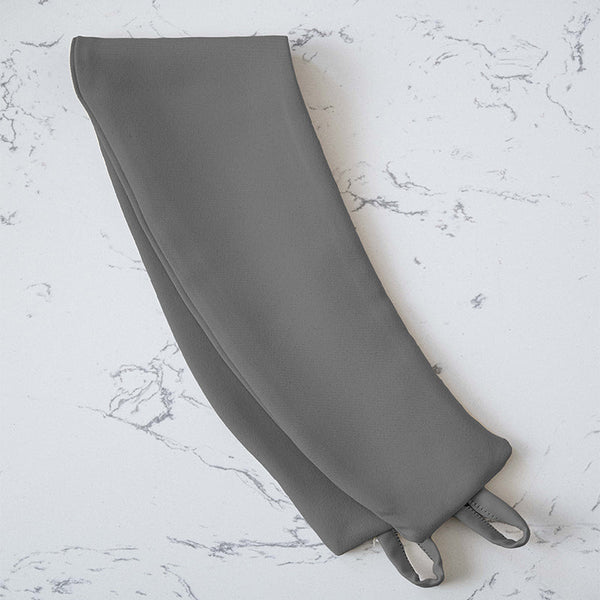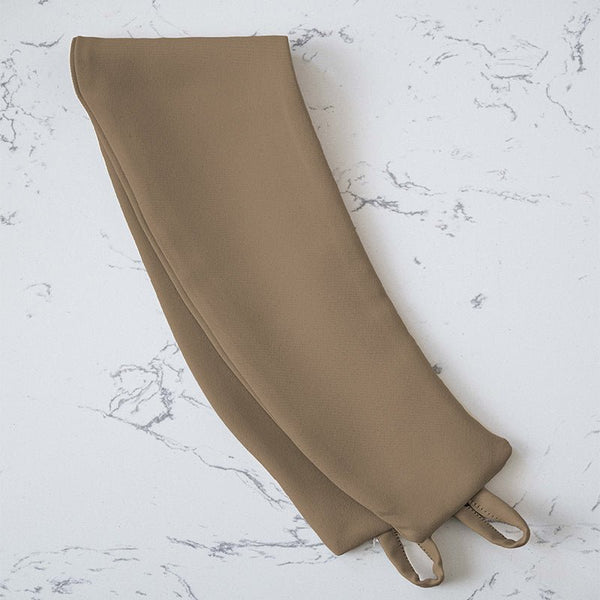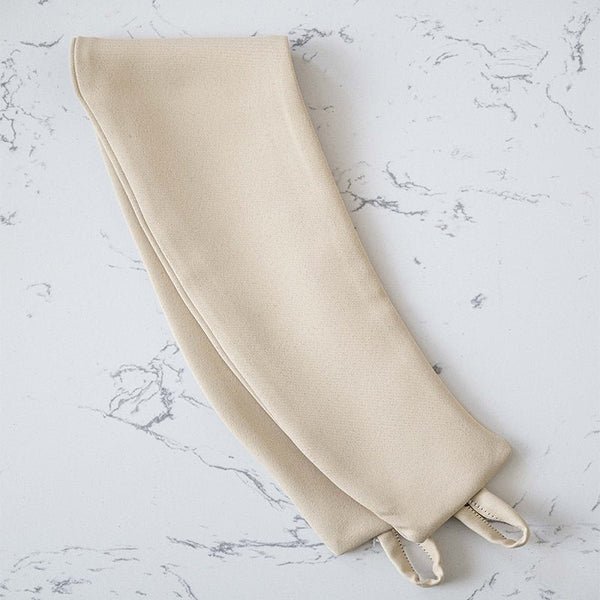Prolonged exposure to noise pollution can cause headaches, anxiety and sleep disorders. Noise enters the home through walls and ceilings, but also through doors and windows. That's why it's important to take steps to reduce them. By protecting your home from the vagaries of weather and temperature variations, you can optimize your day-to-day noise comfort. Follow our expert advice on soundproofing doors.
Assessment of insulation needs
Here are the steps to follow to assess your insulation needs:
Identifying noise sources
To begin with, you need to identify the sources of noise. To do this, simply observe your surroundings. Listen to background noises and determine when they become more intense. Use a decibel meter app on your smartphone to help you. It will allow you to measure sound levels. Also, investigate your heating systems, air conditioners and other electrical appliances that emit noise. Don't forget to identify sounds coming from outside, such as neighbors' noises. You can install thermal and acoustic curtains to reduce them by a few decibels.
Analysis of door types requiring insulation
Before soundproofing a door, it's important to determine whether it's necessary. In general, interior doors in bedrooms, meeting rooms and any other space where privacy is essential require effective insulation. If they are sliding, hollow or glass, they can be major sources of sound transmission. Similarly, it's essential to reinforce the soundproofing of exterior doors to block out outside noise.
Determining the level of insulation required for each situation
The level of insulation required for each door depends on how the room will be used. In general, exterior doors require a high level of sound insulation to minimize external noise. On the other hand, more insulation is required for interior doors leading to noise-sensitive spaces such as bedrooms. The installation of acoustic curtains is highly recommended in this case, as they provide an effective barrier against unwanted sound. In all cases, it is advisable to refer to acoustic standards expressed in decibels (dB) to determine the precise level of insulation required.
Choice of insulating materials
Review of materials available on the market
Several materials can be used to soundproof a door:
- mineral wool ;
- acoustic foam ;
- cork panels ;
- glass fibers ;
- acoustic seals ;
- composite materials.
Performance and cost comparison
Each acoustic material has its own specific characteristics:
Mineral wool
Mineral wool, whether glass or rock wool, is effective at absorbing sound. It also helps reduce sound transmission. Its performance varies according to thickness and density. It's an affordable solution for door insulation.
Acoustic foam
Acoustic foam absorbs sound waves and reduces reverberation. However, it is less effective at blocking sound transmission. If you want to use it to soundproof a door, it's best to combine it with other materials such as acoustic panels. In any case, foam is more affordable than other insulation solutions. Its price depends on its consistency and quality.
Cork panels
As well as absorbing sound waves, cork acts as a thermal insulator. However, its ability to prevent sound transmission depends on how tightly it is sealed. Cork panels are environmentally friendly. On the other hand, they are more expensive than other soundproofing solutions.
Glass fibers
Glass fibers provide good acoustic and thermal insulation. They are used to minimize the reverberation of sound waves. Their performance is proportional to their density. In terms of price, fiberglass is quite affordable.
Acoustic seals
Acoustic seals limit sound leakage from doors by creating a watertight barrier. Their effectiveness varies according to installation, the quality of the seals used and compliance with acoustic standards. In any case, this option is recommended if you don't wish to undertake soundproofing work, as it offers good value for money.
Composite materials
Composite materials offer excellent sound insulation, as they block sound waves. They generally consist of several layers. Price depends on panel size, brand, thickness and material composition.
Tips for choosing the right material for your specific needs
When it comes to soundproofing a door, the choice of insulating material should not be taken lightly. Consider the type of noise you want to reduce, the purpose of the insulation, the type of door and your budget. A professional will help you determine the most effective solution for your specific needs. He or she will also provide you with advice on how to improve your sound comfort.
The advantages of soundproofing with Nokomis
We offer a wide range of acoustic curtains to insulate your doors. By choosing our products, you'll benefit from many advantages:
Creating a calm environment
Our noise-reduction curtains are made from microfilament textiles with amazing acoustic properties. They actively combat noise. In fact, they contribute to the creation of a calm environment. For example, they can be installed in front of bedroom or office doors.
Energy efficiency
Our acoustic curtains don't just soundproof doors. They also have exceptional thermal properties. By installing them in your home, you'll be protected from excessive heat in summer and cold in winter.
Sustainability
Our products are designed to last, because we use high-quality materials in their manufacture. This makes them a worthwhile investment.
Tips for efficient installation
Here are a few tips for installing your soundproof curtains the right way:
- choose the right size: your curtains must match the dimensions of your door:
- Opt for thick materials: heavy curtains guarantee better soundproofing;
- install hole covers: if the installation requires holes to be drilled, remember to cover them to prevent sound leakage;
- use sturdy fasteners: especially if the soundproof curtains are thick.
A well-insulated door thanks to Nokomis products
For optimum soundproofing, choose our soundproof curtains. Visit our Nokomis website to find out more about our offers and product range. We offer sheers, satin curtains and woven curtains to help you counteract noise pollution. Thanks to our unique know-how and innovative technologies, we can provide you with high-performance solutions to improve your sound and thermal comfort.
